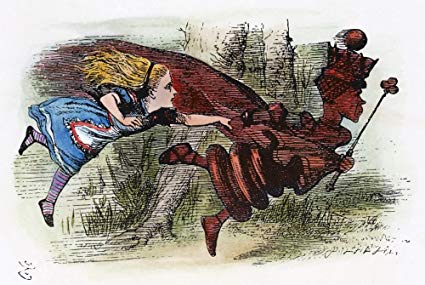From the tails of peacocks to the love songs of nightingales, males in the animal kingdom sure seem to enjoy flaunting their appearance or abilities. But why?
Well, certain male traits have been passed on through the generations because they were attractive or fashionable. Just take male zebra finches. Females find those with red rings on their legs more attractive than those with green rings. Therefore, a gene that causes such a feature would be likely to increase reproductive success and be passed on.
Or consider the sexy son hypothesis, first proposed in 1930 by the biologist Ronald Fisher. He postulated that it’s to the evolutionary advantage of females to enjoy traits in males that other females find attractive as well.
For example, imagine a peahen mating with a peacock that’s unattractive to others because of his short tail. Their short-tailed sons would also be unattractive and have lower chances of reproducing. On the other hand, a peahen with more mainstream tastes – say, a preference for long tails – would be successful in producing offspring that go on to mate with many females and procreate more.
In a similar respect, traits that reflect the health of an organism also increase its chances of reproduction. In short, if you look healthy, you have access to more potential mates.
This interesting fact is a result of evolution over many generations. Basically, animals that were unconsciously wooed by healthy mates ended up with resilient and fertile partners that passed those traits on to their offspring.
But how can you tell if a mate is healthy?
Well, spectacular or symmetrical features are a good sign. In the case of chickens, colorful combs are an indicator of good health, while the tails of male swallows are more symmetrical if they’re fit.
The Israeli scientist Amotz Zahavi’s handicap theory suggests an interesting explanation for how extraordinary features signal health. The theory says that males with fashionable handicaps prove their ability to survive while vulnerable. For instance, long tails or loud singing make males more prone to predators, but as they survive this threat, females can infer that they are in good health.
